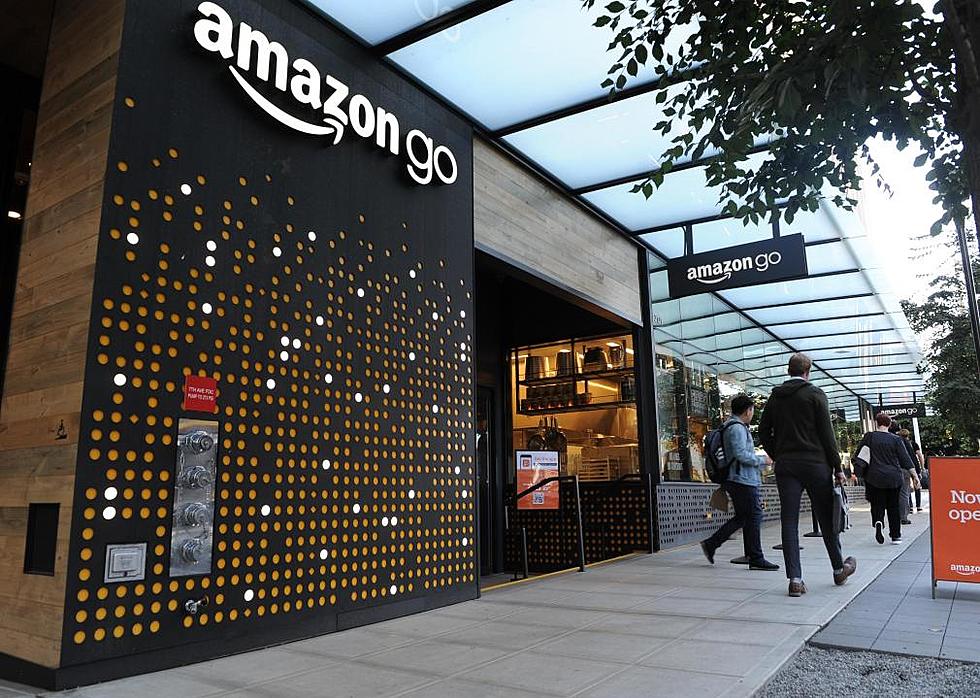
Inside Amazon: A Detailed History of America’s Biggest Online Retailer
Nearly 50 cents out of every retail dollar Americans spend online now go to Amazon—the company commanded 47% of the retail e-commerce market share in 2020, and that number is expected to reach fully 50% in 2021. While the COVID-19 pandemic decimated many retailers big and small, Amazon has thrived, capturing much of the lucrative online and delivery markets, with the company accounting for nearly one-third of all e-commerce sales in the United States in 2020. To handle the surge in online retail and home-delivery demand, Amazon added hundreds of thousands of workers, breaking past the 1 million employee mark in late 2020.
The company has more than 150 million Prime subscribers. Although they've long paid for "free" two-day shipping, Prime members now also get a massive library of entertainment, e-books, grocery services, cloud storage, and gaming. The early investors who bought into the company when it first went public rode a wave of nearly unprecedented growth—those who made an initial investment of just $1,000 are now millionaires.
Amazon is ranked among the five biggest corporations in America, and its founder is the second-richest human being on Earth, having just lost his #1 spot to Elon Musk. It's responsible for starting a trend that cracked the foundations of traditional retail and changed the way things are bought and sold. Former giants like Sears and Toys "R" Us have crumbled under the pressure of e-commerce, a revolution that Amazon stoked more than any other single entity—but it wasn't always that way.
When Jeff Bezos founded Amazon in his garage in 1994, the company he launched wouldn't be profitable for years to come. It was part of an avalanche of new tech startups riding a wave of new and uncertain technology—most of them would quickly go bust. It started with an idea to let people browse and buy books from their computers instead of going into physical bookstores and choosing from the limited selection they found inside. It was a revolutionary idea, and Amazon soon became the world's biggest bookstore. Then it became the "Everything Store." Later it became a wealth-generating machine, with tentacles reaching everywhere from electric vehicles and cloud computing to production studios and grocery stores. It's heavily scrutinized and controversial—plans to open new headquarters sparked both ferocious bidding wars and fierce political blowback at the same time.

